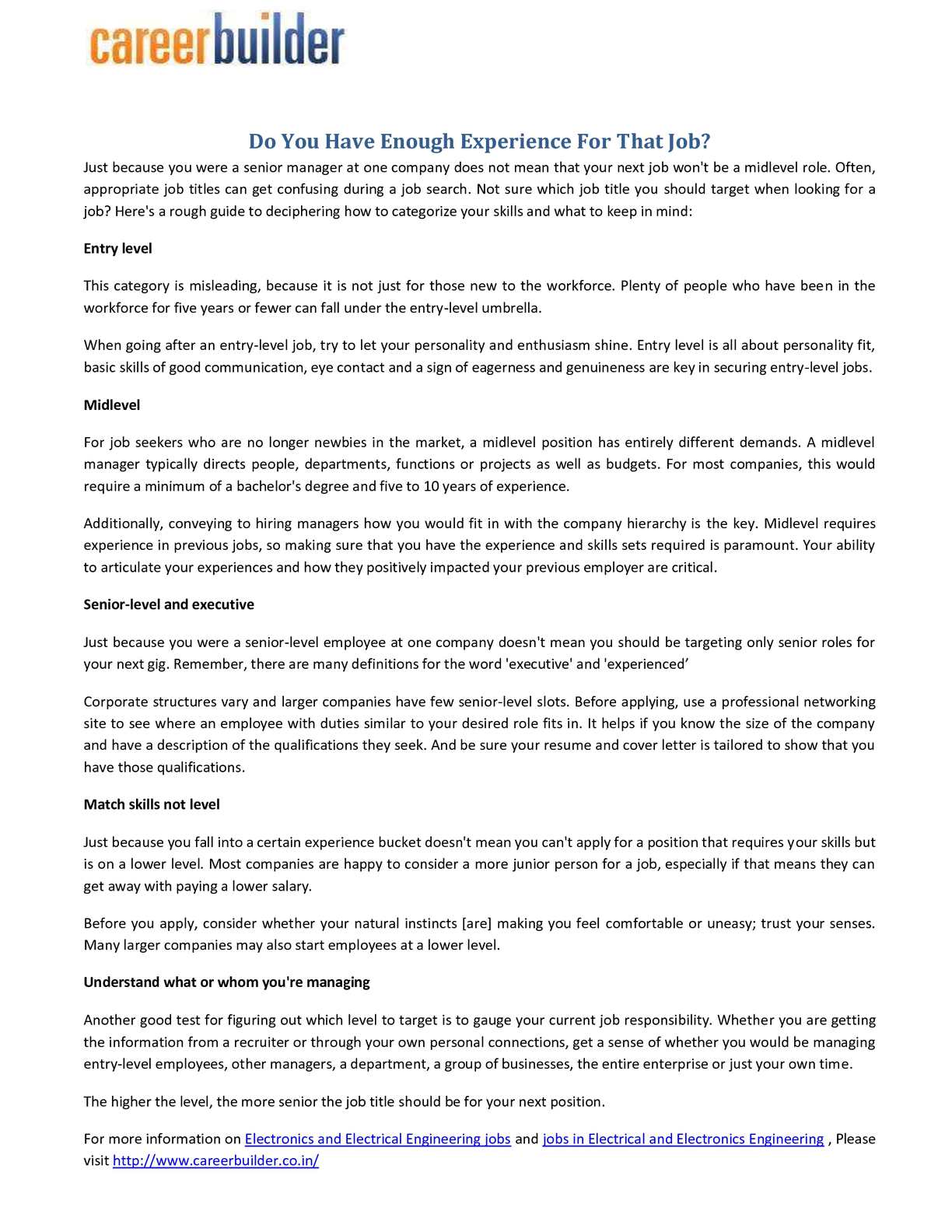
As a worker in a company you have the unique chance to be both a manager or a peer. As a result, there is a wide range of experience and expertise that you'll be able to draw from when preparing for your transition. While the transition is not always easy, there are certain things you can do to ease your transition.
Communication skills
Developing communication skills is a vital aspect of your career success. Managers must communicate expectations to their staff. In fact, a recent survey found that 91% of employees think that their managers do not communicate with them well enough to provide effective leadership. Fortunately, it is possible to improve your communication skills if you invest time and effort into learning them.
Before you assume your new job, it is crucial to improve your communication skills. You should take the time to learn how to deal with your new boss and peers. These skills will help make you feel more at home in your new position and to build trust and credibility with colleagues.
Trust
Making adjustments in both your roles is necessary to transition from manager to peer. While you can't do it alone, there are several things that you can do to create a positive environment. It's a good idea to share your ideas with your coworkers about how you will handle the new role. It will build trust and credibility among your peers.

As a new manager, your first task should be to build trust among your peers. They need to know that you are confident but humble at the same. Do not be ashamed of your new role. Your peers must trust you and respect your decisions.
Leadership style: Personal
A key part of leadership is understanding your own leadership style. The study of different leadership styles has been ongoing for decades. We will be discussing some of these styles in this article and how they impact the environment of an organization. We will also discuss ways to adapt your style to meet the needs of your team.
Transitioning from peer to manager is not an easy task. Although your coworkers may be happy for your new promotion, they may be unsure of your decision. It is important to be open with your coworkers about the inconvenience of the change.
Mentorship
Mentoring can make a big difference in your career. It does not matter if you're just starting or are already in the top positions of your company. A mentor can be a great resource. Although mentors are able to provide valuable advice and insights, it's important to make sure that the relationship is mutually benefiting.
Mentors are able to help their mentees succeed. He or she might be able, in addition to offering professional advice, to connect mentees to people in their dream jobs, attend industry conferences, or help them find the right positions. A mentor who is great at recognizing mentees' growth areas and introducing them to new projects will do wonders for their career.

Micromanagement is best avoided
Micromanaging can be a mistake when you transition from peer role to manager. This can be unproductive and stressful for both the manager as well as the team. It also discourages independent work and reduces trust. Instead, set clear goals and let your team try new things.
Micromanagement can be caused by a lack in trust within the team. This can cause employees to feel stressed. Micromanagement is time-consuming and can lead to burnout. Micromanagement also hinders an employee's ability to grow as a leader.